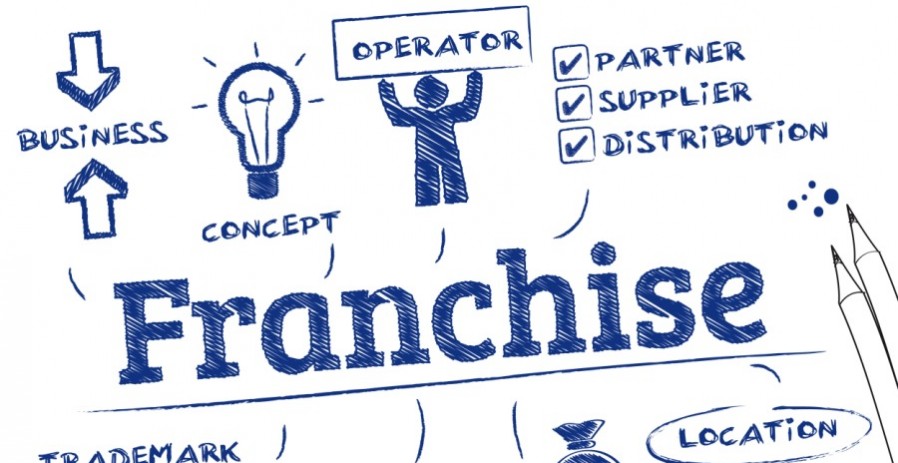Franchise?
What is a franchise business? What does a good franchise agreement look like?

Most likely, you have driven by many franchises in your own town or city. Examples of well-known franchise business models include Subway, UPS, McDonalds, and H & R Block. In the United States, there are franchise business opportunities available across a wide variety of industries.
Franchises are an extremely common way of doing business. In a franchise, the owners, or “franchisors“, sell the rights to their business logo, name, and model to a third party operator called “franchisees“.
The franchisee must first pay an initial franchise fee for the rights to the business, equipment and the training required by a given franchise. Once the business opens, the franchisee will generally pay the franchisor an ongoing royalty payment, either on a monthly, quarterly, or annual basis. This payment is usually calculated as a percentage of the franchise operation’s gross sales.
The franchisee will open a replica of the franchise business after the contract has been signed. The franchisee will not have as much control over the business as he or she would have over their own business model, but may benefit from investing in an already-established, name brand.
Before signing a franchise agreement it’s important for you and your franchise attorney to be comfortable with the agreement you’ll operate under. As a franchisee, you’ll be bound by a franchise contract. Since franchise agreements will differ be sure you have a qualified franchise attorney to guide you along the way. Before you sign on the dotted line you should be comfortable with your franchise agreement. Finally, be sure that any changes, clarifications or amendments to the franchise agreement are in writing and signed by both parties. Here are some suggestions for dealing with key provisions:
- Renewal Terms: Most franchise agreements require the franchisee to execute a release for all prior claims against the franchisor. When you do renew this is an opportunity to “clean up” any old issues. You may request language to exclude certain “open items” from the release. Additionally, you can request that the franchisor release you from claims, which may have taken place prior to your renewal term. Be careful regarding upgrades and remodels so that this provision can’t be used against you. Keep in mind that a full release from any claims against the franchisor for the period prior to the renewal will prevent you from seeking recourse in the event there are any unresolved issues.
- Indemnification: The franchise agreement may require you to indemnify the franchisor regardless of whether or not a loss is the fault of the franchisee. This section requires careful scrutiny since it could hold you responsible for reimbursing the franchisor regardless of the cause. Your attorney can request to “soften” this language.
- Termination: This is one of the most important provisions in your franchise agreement. Franchise agreements generally contain three termination categories: Automatic termination without notice; termination upon notice with no opportunity to cure; and termination with a cure period. You may be able to negotiate some of these terms.


